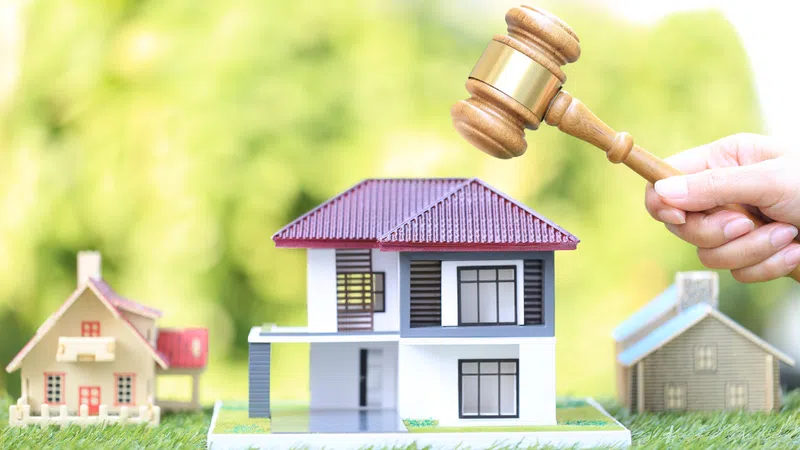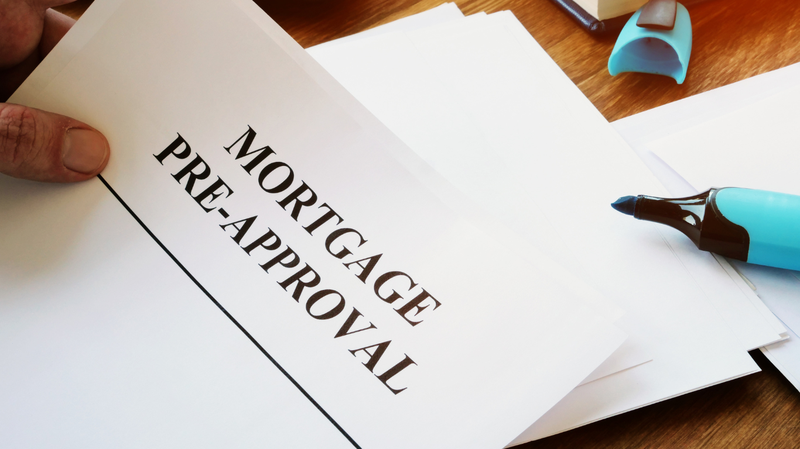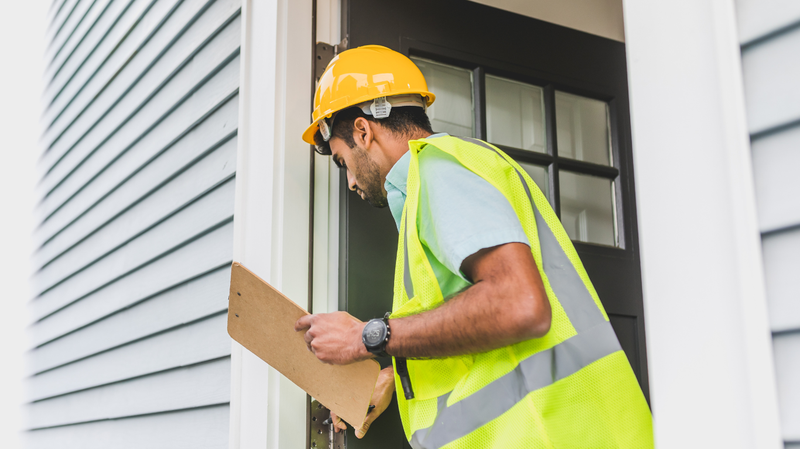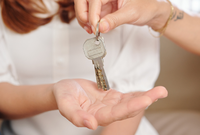Bid Confidently: FAQs for Property Auction

Purchasing a property is a significant financial decision that requires careful consideration and planning. While private treaties are the most common method of property acquisition, property auctions have emerged as a viable alternative, offering potential buyers a unique and often thrilling experience.
What is a property auction?
A property auction is a public sale where the highest bidder secures the property. The auctioneer will set a reserve price, which is the minimum amount the seller is willing to accept for the property. The bidding starts below the reserve price and progresses until it reaches or exceeds the reserve price. If the reserve price is not met, the property will not be sold or more commonly known as "passed in".
Why choose to buy at auction?
There are several reasons why you may choose to buy a property at auction:
- Transparency: The bidding process is transparent, so you know exactly where you stand compared to other buyers.
- Speed: Auctions can be a fast way to buy a property, as the entire process can be completed in as little as 21 days depending on the state or territory.
- Competition: The competition at an auction can drive up the price, but it can also help you secure a property that you may not have been able to afford otherwise.
What preparation is required before attending an auction?

Before attending an auction, it is important to do your research and be prepared. This includes:
- Getting your finances in order: You should have pre-approval for a mortgage or have sufficient funds available to pay for the property in cash. You should also be aware of any additional costs, such as stamp duty and legal fees.
- Doing your due diligence: You should thoroughly research the property, including inspecting it, reviewing the contract, and obtaining any necessary reports, such as a building and pest inspection.
- Setting a budget: You should determine your maximum bid price and stick to it. Avoid getting caught up in the excitement of the auction and bidding beyond your means.
What happens at an auction?
The auctioneer will start the bidding by announcing an opening bid. Bidders will then make offers, with the highest bidder becoming the provisional purchaser if the reserve price is met. Once the reserve price is met, the auctioneer will continue taking bids until the highest bidder is declared the successful purchaser.
What happens after I win at auction?

If you are the successful bidder at auction, you will be required to sign a contract of sale immediately. You will also need to pay a deposit, which is typically 10% of the purchase price. The balance of the purchase price will be due on settlement day.
Are there any risks to buying at auction?
There are some risks associated with buying at auction, including:
- Not knowing the final price: You may not know the final price of the property until the auction is held. This can make it difficult to budget for the purchase.
- Not being able to get out of the contract: Once you sign the contract of sale, you are legally bound to purchase the property. There is no cooling-off period for auction purchases.
- Buying a property with hidden defects: You may not be able to identify all of the property's defects before the auction. This could lead to unexpected costs after you move in.
How can I minimise the risks of buying at auction?

There are several things you can do to minimize the risks of buying at auction:
- Do your research: Before you attend an auction, make sure you have thoroughly researched the property and are aware of any potential risks.
- Set a budget: Determine your maximum bid price and stick to it.
- Get legal advice: Consider seeking legal advice before attending an auction.
- Inspect the property: Arrange to inspect the property before the auction.
- Read the contract of sale: Carefully read the contract of sale before signing it.
What are some tips for bidding at auction?
Here are some tips for bidding at auction:
- Be confident: Don't let your nerves get the better of you. Be confident in your research and your assessment of the property's value.
- Be clear: Make sure your bids are clear and audible to the auctioneer.
- Be patient: Auctions can be slow-paced. Be patient and don't rush into making a decision.
- Don't get emotional: Don't let your emotions get in the way of your decision-making. Stick to your budget and don't be afraid to walk away if the price goes too high.
What are some alternatives to buying at auction?
There are a few alternatives to buying at auction, including:
- Private treaty: This is where the buyer and seller negotiate the price of the property directly.
- Expression of interest: This is a more informal process where buyers submit their offers to the selling agent, who then selects the highest offer.
- Off-market: This is where properties are sold privately and without being advertised to the general public.
Venturing into the realm of property auctions can be an exhilarating and rewarding experience, offering the opportunity to secure a dream property in a transparent and competitive setting. While thorough preparation and a clear understanding of the auction process are essential for success, the potential rewards can be significant. Learn more by contacting your local friendly agent for more information.
Disclaimer: The information provided is for guidance only and does not replace independent business, legal and financial advice which we strongly recommend. Whilst the information is considered true and correct at the date of publication, changes in circumstances after the time of publication may impact the accuracy of the information provided. PRD will not accept responsibility or liability for any reliance on the blog information, including but not limited to, the accuracy, currency or completeness of any information or links.








